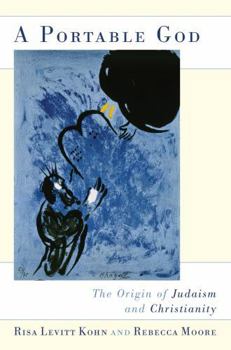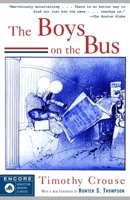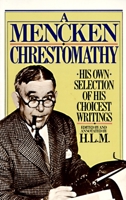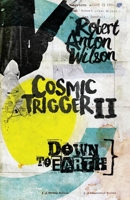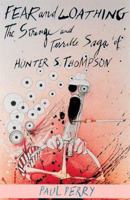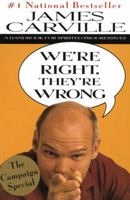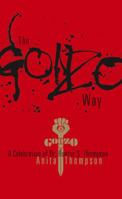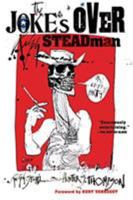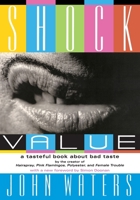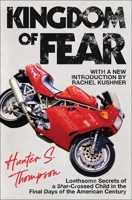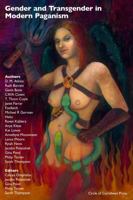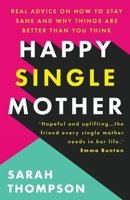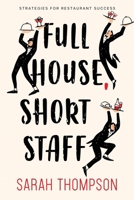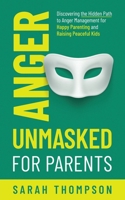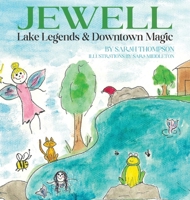A Portable God: The Origin of Judaism and Christianity
Select Format
Select Condition 
You Might Also Enjoy
Book Overview
Customer Reviews
Rated 5 starsCrazy Energy. Laugh Out Loud Funny
Ordinarily, I wouldn't think letters would be that interesting. But Thomson's style and sense of humor are so outrageous, I find myself laughing out loud every few pages or so. But it's much more than humor. The letters overlap the period of Martin Luther King's Assassination, Robert F. Kennedy's Assassination, the Democratic National Convention of 1968 (which he attended), etc. I was struck at how he tried to convince his...
3Report
Rated 5 stars"Riding the crest of a high and beautiful wave...."
Two of my favorite contemporary writers have died unexpectedly in the past few months - the Mississippi writer Larry Brown and, more recently, Hunter S. Thompson, who committed suicide on Feb. 20. Both were deaths that affected me greatly. Usually when I hear of a notable passing, my reaction is, "Oh, no," but in both of these cases my first thought was to hope that the news wasn't true. In the days following Thompson's...
3Report
Rated 5 starsBible of Gonzo
This is a special, limited edition of Hunter S. Thompsons' Fear and Loathing in America. To see more reviews of this title, look it up under the regular hardcover edition. What makes this edition so special is the signature, spelled out "H.S. Thompson" on the book itself, rather than on a bookplate. There are a number of instances in the past where the Doctor signed a bookplate "HST", or even a front page, yet even these are...
1Report
Rated 5 starsThe Unwitting Autobiography...
Considering there are at least 5 biographies floating around about Hunter S. Thompson, and he doesn't seem the type to write an autobiography, this is the closest thing we will ever get. Picking up where Volume I left off, Fear and Loathing in America is a complete reversal of fortune from its predecessor. Whereas Volume I documented the lament and poverty of Thompson as a young, struggling writer, dealing with the rigors...
1Report
Rated 5 starsAnyone wanting to know the evolution of Fear & Loathing...
I'm a contemporary American Lit. scholar, and for any literature scholar, primary documents are of utmost importance when determining relevant interpretations and plausable meanings for pieces. Here, in the second volume of Thompson's letters, you are able to get a glimpse of how Thompson constructs the public image of madness and depravity, all the while maintaining his reflective distance from the material he's writing.Within...
2Report











